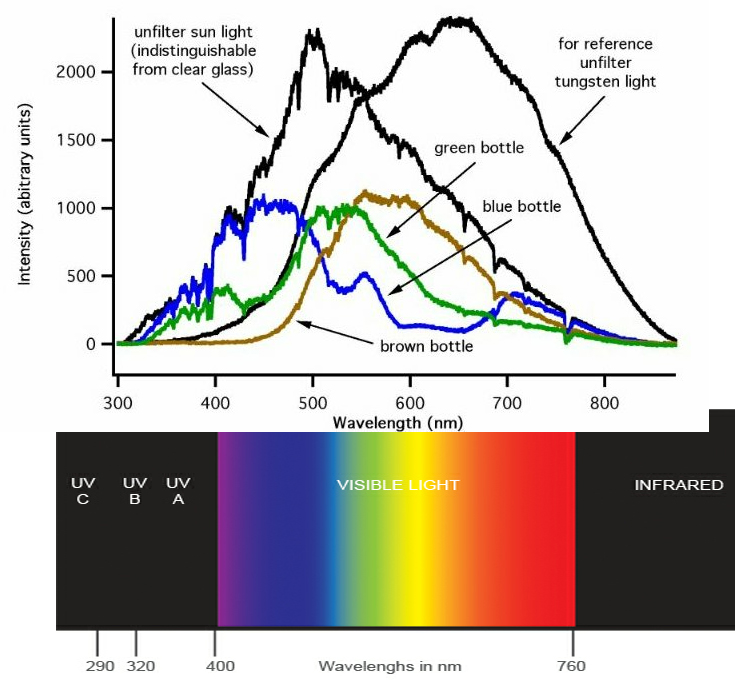GHBWNY
Well-Known Member
I've always heard it: bottled beer in anything but amber bottles goes bad.
Does anyone here on HBT have empirical evidence to support this phenomenon? It apparently can't be because of UV rays since even clear glass filters UV rays. Is it exposure to any light or does it have to be sunlight? If so, why? What exactly is supposed to happen when beer in a non-amber bottle is exposed to light? Why does it not happen with wine or liquor? And what about all those beers in green bottles? And Miller, for cryin' out loud!
Please! Enlighten me!
Does anyone here on HBT have empirical evidence to support this phenomenon? It apparently can't be because of UV rays since even clear glass filters UV rays. Is it exposure to any light or does it have to be sunlight? If so, why? What exactly is supposed to happen when beer in a non-amber bottle is exposed to light? Why does it not happen with wine or liquor? And what about all those beers in green bottles? And Miller, for cryin' out loud!
Please! Enlighten me!








































![Craft A Brew - Safale S-04 Dry Yeast - Fermentis - English Ale Dry Yeast - For English and American Ales and Hard Apple Ciders - Ingredients for Home Brewing - Beer Making Supplies - [1 Pack]](https://m.media-amazon.com/images/I/41fVGNh6JfL._SL500_.jpg)



















